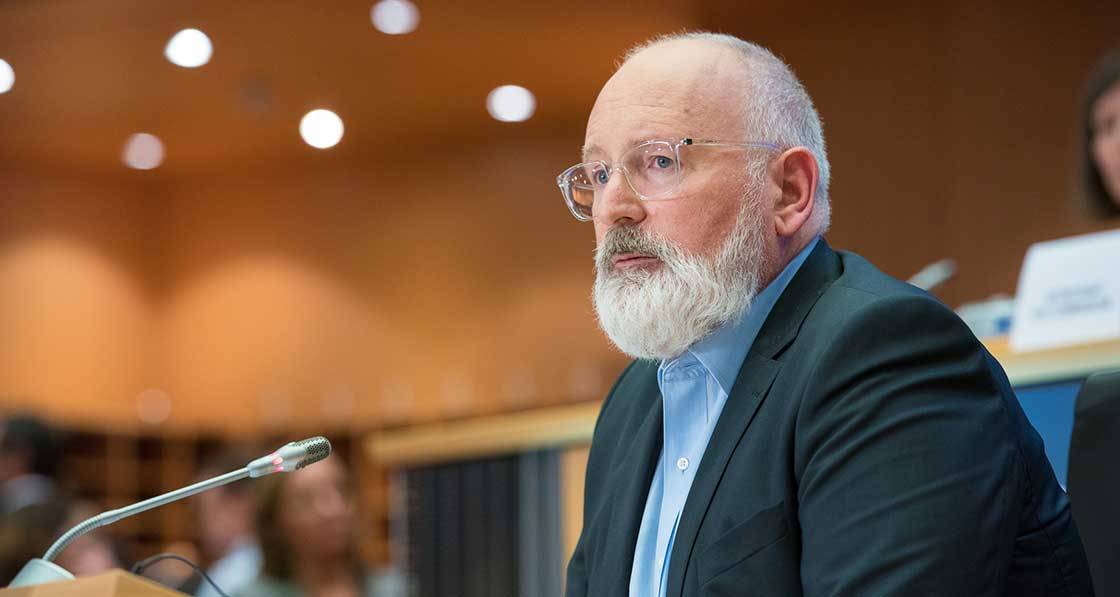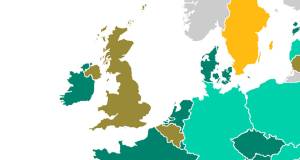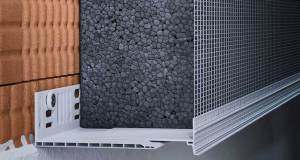
- General
- Posted
Circular economy plans come into focus
The European Commission has adopted the EU’s new circular economy action plan, a major part of the European Green deal. The action plan aims to make the EU economy produce more durable, longerlasting, repairable consumer products, and maximise the use of recycled material.
This article was originally published in issue 34 of Passive House Plus magazine. Want immediate access to all back issues and exclusive extra content? Click here to subscribe for as little as €10, or click here to receive the next issue free of charge
As part of the plan, the commission will propose legislation to ensure that products placed on the EU market are designed to last longer, are easier to reuse, repair and recycle, and incorporate as much as recycled material as possible. Single-use materials will be restricted, premature obsolescence targeted, and the destruction of unsold durable goods banned. There will be a new focus on minimising waste and turning it into secondary resources.
Under the plan, consumers will have access to reliable information on issues such as the reparability and durability of products. There will also be a ‘right to repair'. The plan will also include a strategy for promoting circular principles in the building materials sector.
A circular electronics initiative will aim to increase product lifespans and improve the collection and treatment of waste. There will also be an emphasis on reducing overpackaging of projects, plus new mandatory requirements for recycled content in plastics, and special attention on microplastics as well as bio-based and biodegradable plastics.
Frans Timmermans, executive vice-president for the European Green Deal, said: “Today, our economy is still mostly linear, with only 12% of secondary materials and resources being brought back into the economy. Many products break down too easily, cannot be reused, repaired or recycled, or are made for single use only. With today's plan we launch action to transform the way products are made and empower consumers to make sustainable choices for their own benefit and that of the environment.”
Grants for circular economy launched
Meanwhile in Ireland, the Environmental Protection Agency has launched a €600,000 fund for innovation in the circular economy. Applications are invited from businesses and other organisations within the food, construction and demolition, plastics, and resources and raw materials sectors. For more see www.epa.ie.
Circular economy built-environment diploma at GMIT
The Department of Building and Civil Engineering at the Galway-Mayo Institute of Technology has received funding under pillar one of the Human Capital Initiative to develop a year-long Level 9 Postgraduate Diploma entitled Circular Economy for a Sustainable Built Environment which will commence in September 2021.
The programme will build on over 20 years’ experience in GMIT of applied research, funded by the Environmental Protection Agency, in the areas of construction and demolition waste management, resource efficient construction and the circular economy.
The Build 360 research group within the department is currently developing a resource efficiency and material circularity protocol for main contractors as part of an EPA Green Enterprise-funded project in collaboration with Carey Building Contractors. The postgraduate diploma will be developed in close collaboration with industry and the public sector over the next 12 months. It will be delivered in a blended format utilising online resources and workshop/residential days to provide a flexible learning environment for industry stakeholders. The programme is a direct response to the recent European Green Deal and Circular Economy Action Plan 2020 and aims to position Ireland as an international leader in circular construction, building on work already underway in both the public and private sector.
For further information about the programme, please contact This email address is being protected from spambots. You need JavaScript enabled to view it..






